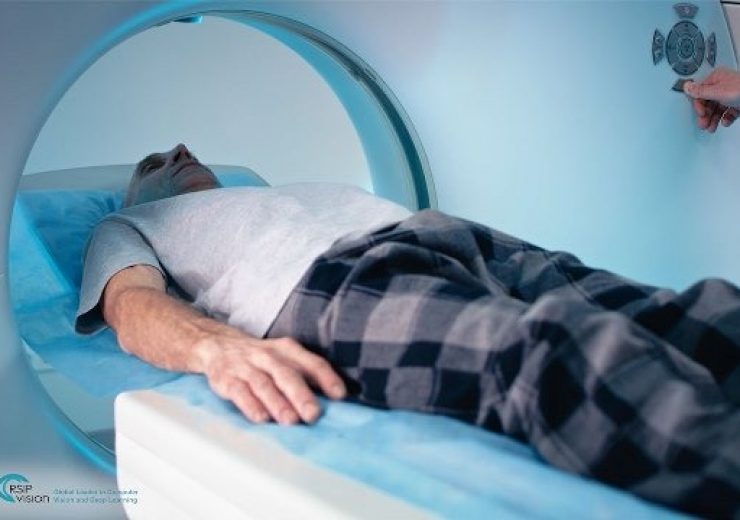The new AI-based tool will help plan revision arthroplasty and other orthopedic procedures for patients with pre-existing metal implants

RSIP Vision has introduced new metal implant and anatomical segmentation tool. (Credit: Business Wire)
RSIP Vision has introduced a new metal implant and anatomical segmentation tool for enhanced planning of specialised orthopaedic procedures such as revision arthroplasty.
The new artificial intelligence (AI) based joint segmentation tool has been designed for detailed and non-invasive planning of revision arthroplasty and other orthopedic procedures for patients with pre-existing metal implants.
RSIP Vision AI-based software module will facilitate rapid and precise segmentation of different joints from CT scans of hips, knees, shoulder and spines.
The advanced tool offers accurate measurements of the geometry of joints, including risky cases of joints with existing metallic orthopaedic implants.
RSIP Vision stated that its deep learning algorithms offer a solution for the artifacts associated with metals in CT images, which generally cause severe degradation of medical imaging.
The vendor-neutral technology will be provided to third-party CT manufacturers and medical device vendors to plan and execute both manual and robot-assisted revision arthroplasty procedures.
RSIP Vision CEO Ron Soferman said: “One of the most common problems in bone segmentation imaging occurs when a CT scan includes the presence of metals in the bones, either due to previous orthopedic procedures (such as hip replacements) or surgical corrections after a traumatic injury.
“In these cases, the CT images become problematic because of nonstandard absorption values caused by crosstalk between the absorbing pixels and additional artifacts – which result in a challenging image.”
The company’s software module, which uses an advanced deep neural network approach, features precise discernment of the location of metals in the bones.
It will help in the uniform and accurate segmentation of all the different elements of both bones and implants, in addition to the exact delineation of metal fragments from the bones.
RSIP Vision’s technology is suitable for use in different orthopaedic use cases, including periprosthetic fractures around implants or fusions, local recurrence of tumors in the presence of implants and repeat femoral neck fracture after fusion.
